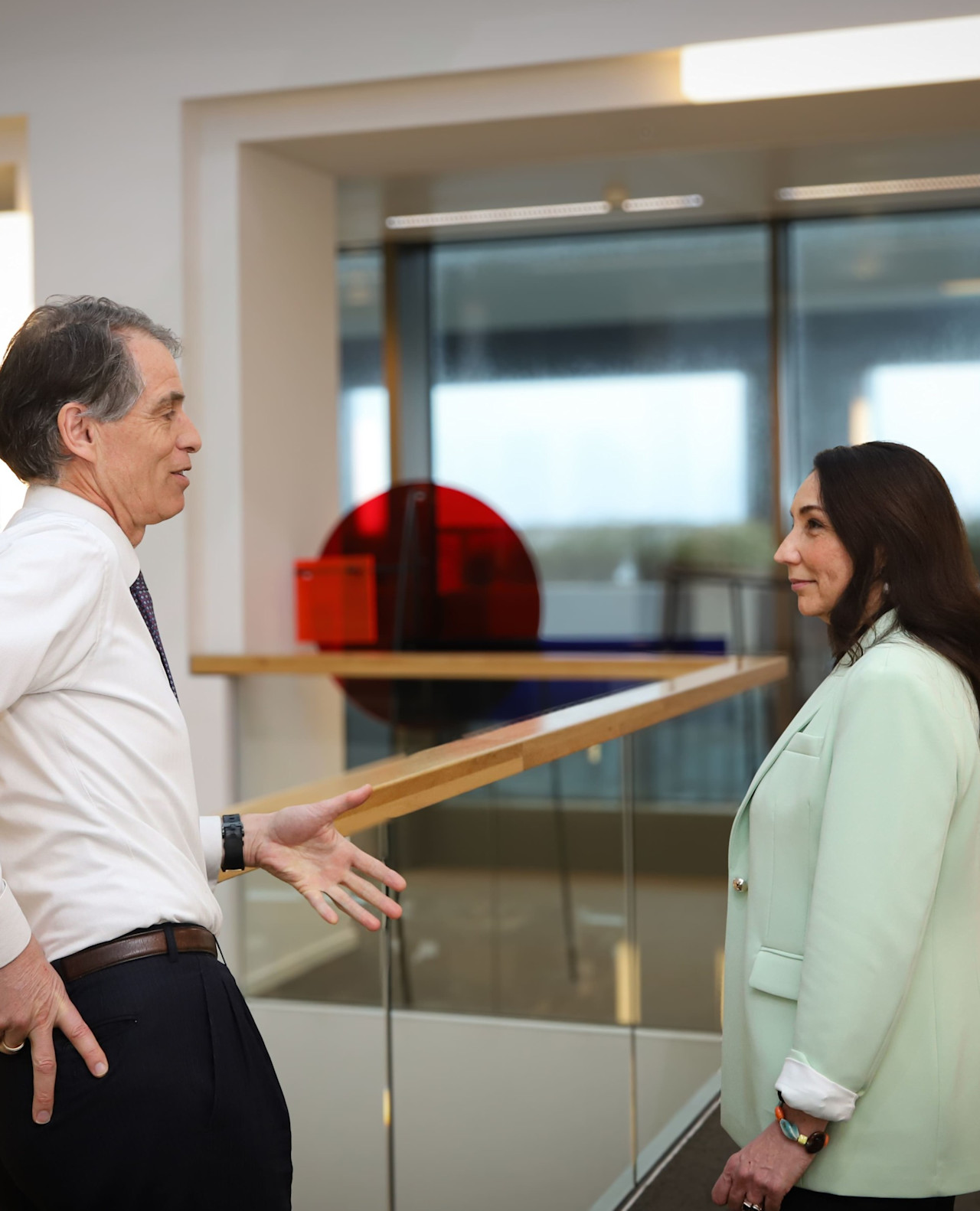Water sustainability refers to the availability of fresh water for human consumption and use in agriculture and industrial processes. Sea water is by far the most abundant resource on the planet, covering more than 70% of the Earth’s surface, but it cannot be used as drinking water without desalination. Fresh water covers only 2.75% of the planet, of which 1.75–2% is frozen in glaciers and the polar regions, most of which is trapped in Antarctica. Only 0.5%–0.75% of all the Earth’s fresh water is accessible on the ground, of which about 87% is contained in lakes.
The relative unavailability of water has led some to believe that eventually wars will be fought over access to it. The US Director of National Intelligence warned in 2012 that water demand is set to outstrip supply by 40% by 2030, which means the risk of conflict will grow. Disputes have already been seen in hot regions including the Middle East, where Turkey’s removal of dams along the Euphrates River in 2015 exacerbated the Syrian conflict.
Agriculture is the biggest consumer of fresh water through the need for irrigation, followed by industry. Population and industrial expansion in emerging markets will dramatically increase water demand, not just for crops and livestock, but also for industrial processes such as energy, manufacturing, and construction. Growing populations and aging infrastructure are challenging urban centers in the provision of drinking water and also for sanitation and sewerage systems, which require water to function. Areas which have seen water shortages have also faced sanitation problems as they became unable to flush away human waste.
Climate change is making water shortages worse. At one extreme, droughts have led to failed harvests along with bush fires in Africa and Australia. At the other extreme, storms and floods have badly damaged infrastructure in areas that previously had reliable water and sewerage systems, such as in the southern US and parts of Europe. Overpopulation is another threat: 22 cities in India are set to run out of water by 2025, while a lack of toilets means about 12% of the Indian population still practice open defecation.

世界にプラスの効果をもたらしながらリターンを創出
The pricing problem
One contributor to the problem is that despite its status as a vital and in some cases rare commodity, water is largely underpriced in the world. Many companies are able to extract vast quantities of water from the local mains or river for use in their processes at little cost, which gives them no incentive to use it more efficiently. Waste water can often be discarded into rivers also without cost, endangering the purity of future supplies. To address this, many have called for greater regulation and a coherent pricing system.
For investors interested in tapping into the topic, Robeco offers a Sustainable Water strategy that buys the equities of companies offering products and services that address the challenges related to the quantity, quality and allocation of water. Its main focus area is seeking those companies providing solutions along the water value chain, from irrigation and infrastructure to sophisticated water testing and analytics.
Reducing water shortages requires substantial investments in technologies and infrastructure that enable efficient management and treatment of water supplies. This includes the creation of more efficient irrigation systems to the installation of pipeline networks that can efficiently distribute water to population centers. Up to 20% of water through pipelines is currently lost through leaks and burst mains, particularly in urban centers where the pipes have not been replaced for decades.
Bottled water sustainability
Refill your water bottle: a sub-theme within water sustainability is bottled water, for which the problem is not availability, but what to do with the bottles once they are used. Before the coronavirus pandemic, one million water bottles were being purchased every minute, and 80% of them are single use. Much of what is wasted ends up in the oceans.
Robeco supports the Refill campaign, a UK organization which aims to drastically reduce single-use water bottle consumption by encouraging people to refill their bottles with tap water instead. Its success has so far stopped more than 100 million plastic bottles from entering the waste stream. Thousands of shops and other high street outlets have signed up to offer water at their premises, and the scheme was extended to cover railway stations and airports.






















